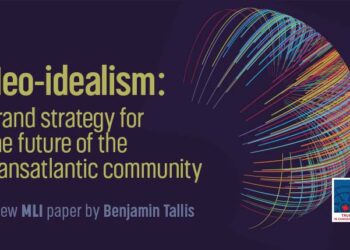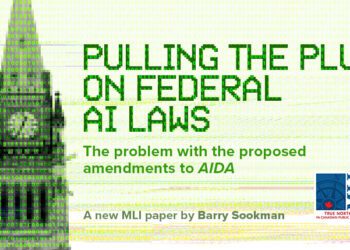By Noah Schwartz and Tim Thurley
August 14, 2023
Executive Summary
On November 22, 2021, Canada’s federal government presented Bill C-21, An Act to Amend Certain Acts and to Make Certain Consequential Amendments (Firearms). Amongst other things, Bill C-21 aims to entrench in law aspects of the 2020 Order in Council banning what the government has labeled “assault-style firearms,” codify the 2022 regulatory “freeze” on the purchase, transfer, and inheritance of handguns, and further strengthen Canada’s already robust “red flag” laws. Later amendments to the bill broadened the scope significantly, including by proposing a prohibition on all semi-automatic firearms manufactured after the bill comes into force that are designed to accept detachable magazines.
Evidence shows that these changes will have little effect on violent crime, but will adversely affect hundreds of thousands of Canadian hunters, farmers, trappers, collectors, and sport shooters, including Indigenous communities, and those businesses and networks supporting them. Worse still, these policies distract from meaningful, evidence-based efforts to reduce crime and violence.
Canada has strictly regulated access to handguns since the 1930s. Beginning in 1932 Canadians wanting to acquire a handgun had to show evidence of an approved need before they could do so. Current law and practice limits those approved needs to being a member of a handgun shooting club or range, an approved collector, special occupational requirements, and, very rarely, for personal protection.
The freeze on handguns affects Canada’s licensed and highly-regulated community of gun owners by preventing new entrants to regulated sports, reducing or eliminating available markets for exempted users to purchase the equipment they need, and preventing collectors from selling or trading their collection of historical handguns or passing heirlooms to their families. These objects, some of significant historical, monetary, and personal value dating from the First and Second World Wars, will be destroyed, which will lead to a major financial loss for collectors. The ban offers no appreciable public safety benefit; the overwhelming majority of guns misused for the commission of crime continue to stream into Canada illegally from the United States.
The government first announced its intention to ban what it labeled “assault weapons,” or “military-style assault weapons,” in the run-up to the 2019 election, though in fact true assault rifles had been prohibited in Canada since 1978. Existing scholarly evidence clearly demonstrates that bans on specific types of firearms are not effective at combating gun violence, including mass shootings. Similarly, “red flag” laws, which have been gaining popularity in the United States, have been framed by proponents as a way to remove firearms from the hands of potential mass shooters in an emergency situation. But Canada has had similar laws on the books since the 1995 Firearms Act. Under the Criminal Code (s. 117), police already have the authority to confiscate firearms from someone who may pose a threat. The changes Bill C-21 makes to these laws are mainly to repackage them using the popular “red flag” terminology and will not increase public safety.
Canada’s ability to control the supply of illicit firearms in our country is limited; we share the world’s largest undefended border with a country that has the largest supply of firearms in civilian hands and decentralized manufacturing technology, like 3D printing, has led to the illicit production of “ghost guns” in recent years. Tackling gun violence must involve shifting our approach to focus on community-based interventions in areas where gun violence is concentrated.
Recent changes to Canada’s gun policies have been shaped largely by political considerations and wedge politics, not by the government sincerely considering public safety research and concerns. This paper offers a few recommendations for improvement, including that the government remove the freeze on legal handgun transfers, sales, and inheritances, repeal the ban and planned confiscation of assault-style firearms, and review the existing firearms classification system. Further, the government should give the RCMP Canadian Firearms Program more resources to strengthen Canada’s gun licensing system and properly enforce the existing laws.







